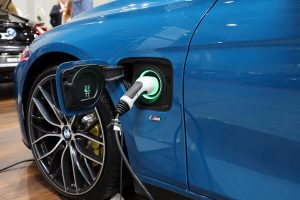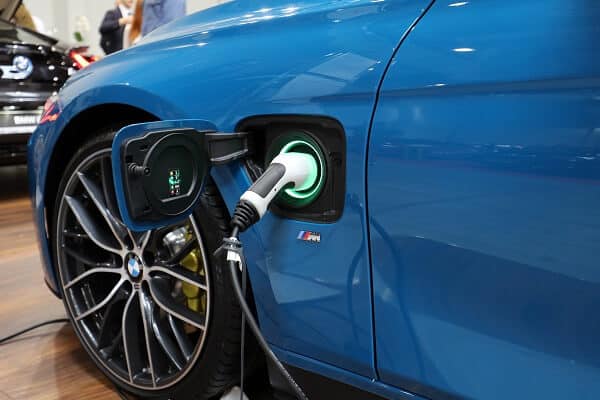 Electric vehicles have become more common these past few years and have begun to take over from gas-run vehicles.
Electric vehicles have become more common these past few years and have begun to take over from gas-run vehicles.
One reason people turn to electric vehicles is because they are generally less expensive. You can charge them at home before you drive out, and you don’t have to make any stops on the road to “refill your tank”.
Also known as Battery Electric Vehicles (BEVs), an electric vehicle has in place of an internal combustion engine and an electric motor.
But are electric vehicles truly less expensive? What does it really cost to own one?
Does it affect your electric bill that much?
Are Electric Vehicles Inexpensive?
When compared to an internal combustion engine (ICE) vehicle, an electric vehicle is less expensive because while ICEs require a lot of maintenance, an electric vehicle does not require much of the maintenance required for an ICE.
For example, ICEs may get oil leakages from time to time, and need fixing. They also need new spark plugs often, fresh oil and filtered fuel, and new brake pads for when the old ones fail. Now that is a lot to handle, whereas an electric vehicle does not need any of these.
Much of the components you’ll find in an ICE are not in the EV, which means less cost of maintenance.
Does Charging an Electric Vehicle Affect Electric Bills?
As far as charging an EV goes, it impacts electric bills, no doubt. You’ll be paying for extra electricity consumption, but, don’t be scared, it will only be a moderate increase.
Your electricity bill, however, will depend on the normal cost of electricity in your area.
Although charging EVs affects electric bills, it’s still less expensive than an ICE.
What is the Actual Cost for Charging an Electric Car?
The cost of charging an electric vehicle varies based on the electricity rate in every given region, the car you own, or the charger you install.
Regardless, it costs an average of $50 to $100 to charge an EV in a month.
Depending on what kind of charger you use, your EV can be fully charged in three hours or you may have to charge it through the night to have a fully charged battery.
A level one charger can work for overnight charging, but a level 2 charger (240V) can charge your EV in three hours.
Electric vehicles are worth the hype, and research shows that owning an EV saves about $4600 in maintenance—less than what it takes to maintain an internal combustion engine vehicle.
Not only is it cost-effective, but it is also energy efficient, and the carbon emissions from an ICE that results from fuel use are significantly lower than an EV.
If you are considering purchasing a vehicle, these are good enough reasons to opt for an EV. Don’t worry about your home charger installation. The Electric Connection handles this perfectly with our team of licensed and experienced electrical professionals. Give us a call!





